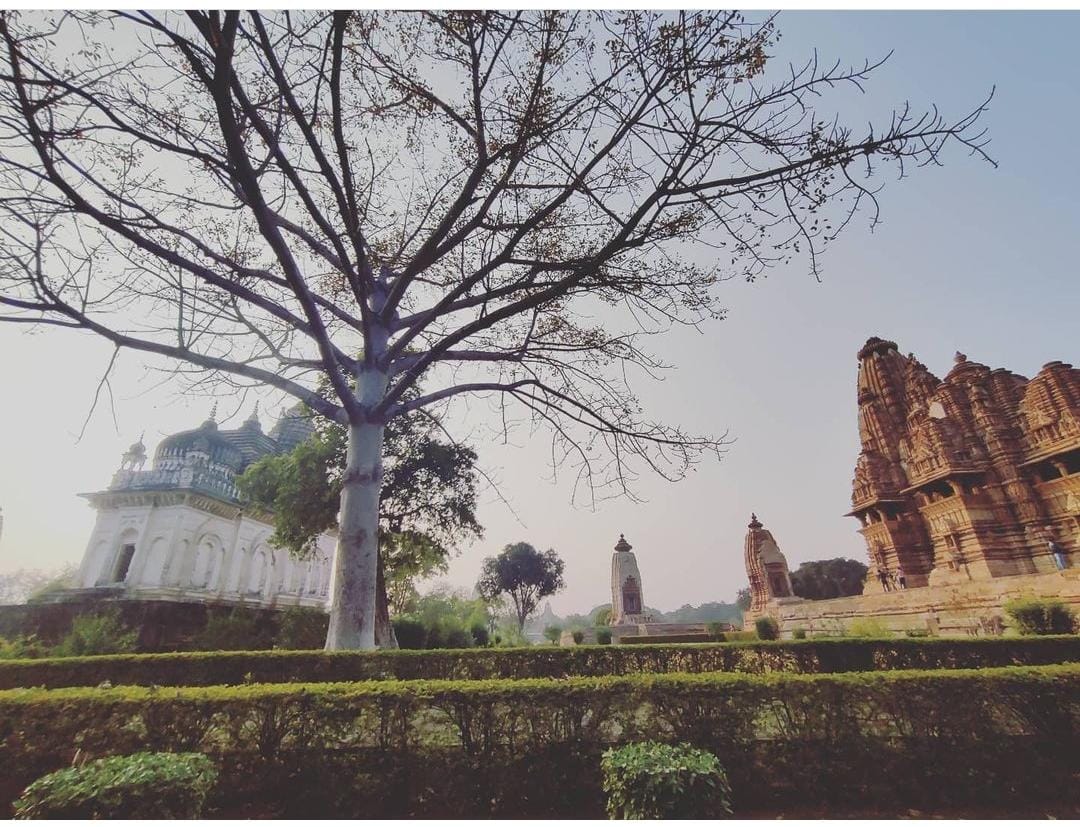‘Lotus and the Dagger’: A Reading of Vedantic Nationalism of Sri Aurobindo
Main Article Content
Abstract
Sri Aurobindo’s ideas of nationalism are eclectic, deriving their tradition from Hindu spiritualism, the vision of perfection in man as an entity, and intense esoteric realisation in the mystical philosophy of supramental consciousness of the being, as expounded in the Vedas and the Upanishads. Sri Aurobindo’s writings on political philosophy are a continuum, ranging from the utopian socialist ideas in Bande Mataram, a newspaper he edited to present the ideas of social, political, and judicial boycott to counter the British, to the writings of post-1910, when his life took a spiritual turn after years of spiritual realisations and yogic sadhana, where he mixes the power of the proletariat with the power of Vedantic mysticism. Sri Aurobindo’s ‘political vedantism’ is an attempt to restructure the political and social life of a colonised nation so that an indigenous idea of a nation can be constructed in concurrence with the Vedantic concept of society as a manifestation of a collective supremacy in man. Sri Aurobindo accepts spiritual determinism as the central principle of a nation, but at the same time, it is not a static concept to him but a constant movement of progressive self-evolution towards a perfection of the collective consciousness, manifested through the entity called the ‘nation’. This paper proposes to look at the ideas of spiritual nationalism of Sri Aurobindo and establish a dialogue with a nationalism that is neither socialist nor rightist.
Keywords: Internationalism, Postnationalism, Supramental consciousness, Eclectic nationalism, Humanism
Downloads
Article Details

This work is licensed under a Creative Commons Attribution 4.0 International License.
Copyrights of all materials published in SARE are retained by the authors. Authors may republish their work or grant others permission to republish it. We would be grateful if republication is accompanied by an acknowledgment that the work was originally published in SARE.
References
Ashcroft, Bill and Russell Tiffin. The Empire Writes Back. Routledge, 1989.
Bose, Bejoy Krishna. The Alipore Bomb Trial. Butterworth and Co.(Ind), 1922.
Emerson, Ralph. The American Scholar. http://digitalemerson.sulibs.wsu.edu/exhibits/show/text/the-american-scholar. Accessed on 14 Feb, 2023.
Gandhi, M.K. Young India. Triplicane,1927.
Ghosal, Goutam. The Rainbow Bridge. D K Printworld, 1997.
Gill, S. “Globalization, market civilization and disciplinary neoliberalism.” Journal of International Studies, 24(3), 1995, pp. 399-423.
Harvey, D. Social Justice and the City. The University of Georgia Press, 2009.
Jaffrelot, Christophe. Hindu Nationalism: A Reader. Princeton University Press, 2007.
Malaviya, Madan Mohan. Quoted in Hindu Nationalism: A Reader. Princeton University Press, 2007.
Spivak, Gayatri Chakravorty. Other Asias. Blackwell Publishing, 2007.
Sri Aurobindo. Bande Mataram. Sri Aurobindo Ashram Publication, 2002.
------------------. “Beadon Square Speech.” Karmayogin. Sri Aurobindo Ashram Publication, 1997.
----------------. “Civilisation and Culture.” The Human Cycle. Sri Aurobindo Ashram Publication, 1997.
----------------. Letters on Poetry and Art. Sri Aurobindo Ashram Publication, 2004.
---------------. “Internationalism and Human Unity.” The Human Cycle. Sri Aurobindo Ashram Publication, 1997.
-----------------. “Opinion and Comments.” Karmayogin. Sri Aurobindo Ashram Publication, 1997.
-----------------. “Ourselves.” Karmayogin. Sri Aurobindo Ashram Publication, 1997.
----------------. Sri Aurobindo Birth Centenary Library Volume. Sri Aurobindo Ashram Publication, 1997.
----------------. “The Discovery of the Nation Soul.” The Human Cycle. Sri Aurobindo Ashram Publication, 1997.
----------------. “The Formation of the Nation Unit.” The Human Cycle. Sri Aurobindo Ashram Publication, 1997.
----------------. “The Ideal of Karmayogin.” Karmayogin. Sri Aurobindo Ashram Publication, 1997.
---------------. “The Renaissance in India.” The Renaissance in India. Sri Aurobindo Ashram Publication, 1997.
--------------. “The Right of Asociation.” Karmayogin. Sri Aurobindo Ashram Publication, 1997.
--------------. “The Unhindu Spirit of Caste Rigidity.” On Nationalism. Sri Aurobindo Ashram Publication, 1996
---------------. “Uttarpara Speech.” Karmayogin. Sri Aurobindo Ashram Publication, 1997.
---------------. “World Union or World State.” The Human Cycle. Sri Aurobindo Ashram Publication, 1997.
Tagore, Rabindranath. Nationalism. Penguin, 2009.
---------------------------. Selected Letters of Rabindranath Tagore. Cambridge University Press, 1997.
Thapar, Romila. The Past and Prejudice. National Book Trust India, 1975.
